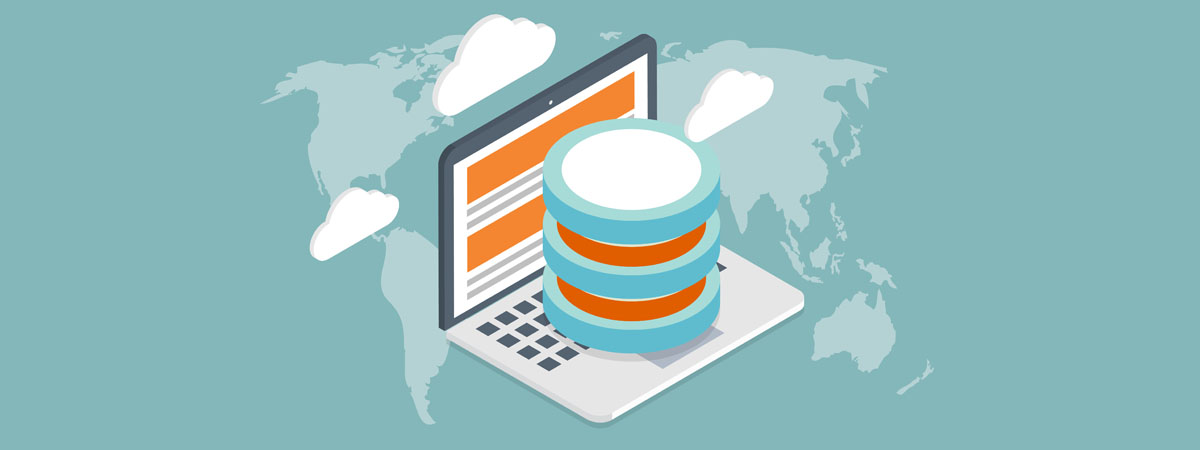Pillars of Enterprise-Grade SaaS
Enterprise customers have specific expectations when it comes to adopting enterprise-grade SaaS solutions. These requirements are often driven by the complex nature of their operations, the need for robust security and compliance measures, and the scale at which these solutions need to perform. We outline the pillars of enterprise-grade SaaS solutions.
Scalability & Performance
Large enterprises operate at massive scale, with thousands of users and seriously voluminous data. Enterprise-grade SaaS solutions must be able to readily handle such scale, delivering high performance and rapid response times, even with heavy workloads.
Security & Compliance
Enterprise organizations process sensitive data and are subject to a variety of industry regulations and compliance standards (e.g., HIPAA, PCI-DSS, GDPR). SaaS solutions must offer robust security features, such as data encryption, role-based access controls, and audit trails.
Integration & Customization
Large enterprises usually have complex IT ecosystems including legacy systems, databases, and applications. To satisfy enterprise needs, SaaS solutions must offer practical integration capabilities, including APIs, webhooks, and pre-built connectors, to support existing systems. They should also offer customization options to tailor the solution to specific business processes and workflows.
Identity & Access Management
Enterprise customers require sophisticated IAM capabilities to manage user identities, roles, and access privileges across different departments, locations, and subsidiaries. SaaS solutions should support single sign-on (SSO), multi-factor authentication (MFA), and integration with existing identity providers (IdPs – like Okta).
High Availability & Disaster Recovery
Downtime can be deadly for large enterprises. SaaS solutions must offer high availability and robust disaster recovery capabilities. This includes redundancy, failover mechanisms, and geo-replication to ensure business continuity.
Analytics & Reporting
Large organizations require analytics and reporting capabilities to gain insights from their data. Enterprise-grade SaaS solutions should offer robust reporting tools, business intelligence (BI) capabilities, and integration with data analytics platforms.
Vendor Support
Enterprises make long-term investments in SaaS solutions. Thus they need assurance that the vendor is financially stable, has a strong roadmap for future development, and offers enterprise-level support and service-level agreements (SLAs).
Multi-Tenancy
Enterprise-grade SaaS solutions should support multi-tenancy, where a single instance of the application serves multiple customers (tenants), while ensuring complete tenant isolation and data privacy.
Governance & Lifecycle Management
Large enterprises need governance and lifecycle management processes to manage deployment, configuration, and updates of SaaS solutions across departments, locations, and subsidiaries.
Training & Onboarding
Adopting a SaaS solution across a large organization is challenging. Successful SaaS providers offer comprehensive training, documentation, and onboarding to ensure a smooth transition and maximize user adoption.
Enterprise-Grade SaaS
By meeting enterprise-grade requirements, SaaS solutions can provide unparalleled scalability, security and compliance features, seamless integration with existing systems, and advanced analytics. Enterprise SaaS solutions empower businesses to streamline operations, enhance collaboration, and drive innovation while minimizing infrastructure costs and maintenance burdens.


Leave A Comment